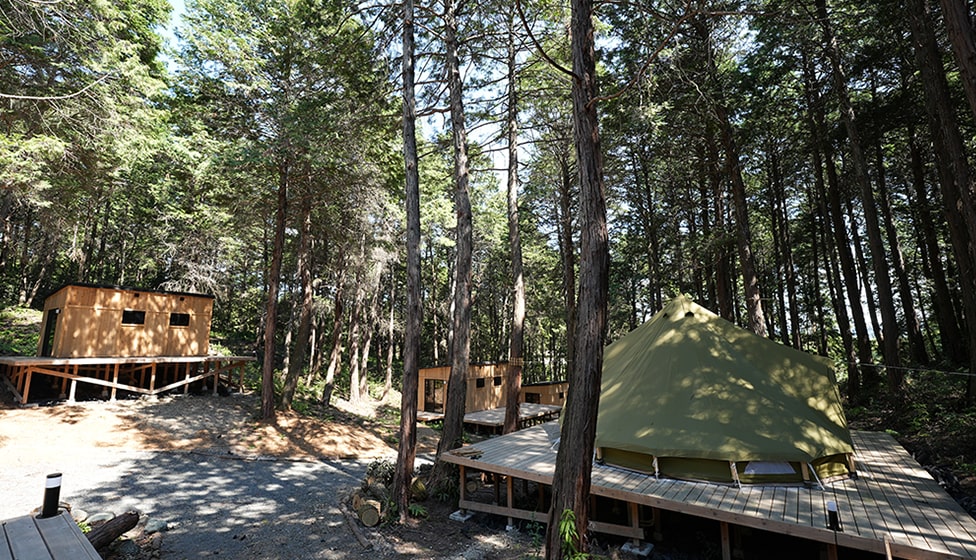About the Training
Training does not mean performing special acts.
It is about ridding yourself of bad habits and acquiring good ones.
Constructing this kind of lifestyle itself is a form ascetic practice.
Dawn is the beginning and the climax of the day
Every morning begins with the morning routine (chōka fugin). Chōka fugin is the practice of making offerings by reading sutras.
When we have a bad morning, we tend to be emotionally disturbed for the rest of the day. Our first thoughts in the morning decide the trajectory of our day, so the morning at the temple begins with gratitude and prayers for all living things that have brought us to this point in our lives.
Carefully sweeping the dust of the mind
In Buddhism, the practice of sweeping is considered to be a discipline of 'polishing the mind'.
The time spent simply and mindlessly sweeping floors clears away the dust and dirt that has accumulated in the mind.
It is a way of preparing one's mind and cultivating the wisdom to live rationally. That is Buddhism.
If you live diligently, your life will surely be fulfilled and radiant with vitality.

Maintaining a beautiful space

Like weeds that grow even after we pull them out, our greed, anger and ignorance arise again and again. To notice and pull out such 'weeds of the mind' is a form of ascetic practice.
No matter how hot or cold it is, monks wipe the long corridors and tatami mats of the main hall with a Zōkin, or rag. No matter what, they repeat the same thing every day. The ultimate daily routine of simply repeating the same thing over and over again is what nurtures and strengthens one's mind.
Continue on without standing still
If struggling helps you find a solution, then you should struggle.
But if you are struggling and can't find an answer, then move one step forward from that place. If you find yourself constantly dwelling on the past or worrying about the future, nothing will change.
The head can think about the past, but the body can only live in the present moment. If you regret the past or worry about the future with your head, your body can't do anything about it, and this causes stress. When you are in a temple, your able to experience and understand this with your body.
Live each moment with grace. This will lead to a better future.

Shojiki, Chujiki and Yakuseki meals

Meals at temples are vegetarian (vegetable-based dishes that do not contain meat, poultry or fish). Shojin means 'to devote oneself to the Buddhist Way with wholehearted dedication'.
The monks themselves prepare the meals as part of their training.
Protein is mainly made from soy beans. The soup stock is also made from kelp and shiitake mushrooms, not animal products. Careful preparation and use of all ingredients, down to the skin and roots, without waste, make for an ideal meal with excellent nutritional balance.
The important training is to value the life of all the ingredients, to be grateful to the people who nurtured the ingredients and to be grateful for the food, as well as the preparation and cooking of the meal.
-
Evening Meditation

At night, we face our own body and mind, reflecting on the day. The events of the day have no meaning, but how we interpret them. What we think about just before we go to bed has a great influence on the formation of our own thoughts.
-
Awareness of the Body

At Busshin Temple Stay, awareness of the "body" is emphasised more than the "mind." The mind and body are closely connected, and the stability and growth of the mind is built on the foundation of the body. During Temple Stay, we include activities to help you become aware of your body.
Changes after a Temple Stay

Daily life at Busshin Temple Stay may often differ from the daily life filled with lots of entertainment and luxurious meals.
However, the regular life at the temple will give you energy and vitality in your body and mind, and you will regain your natural human ability to feel.
When you finish your Temple Stay, you will feel a change in your five senses (taste, hearing, smell, sight and touch), body and mind.


